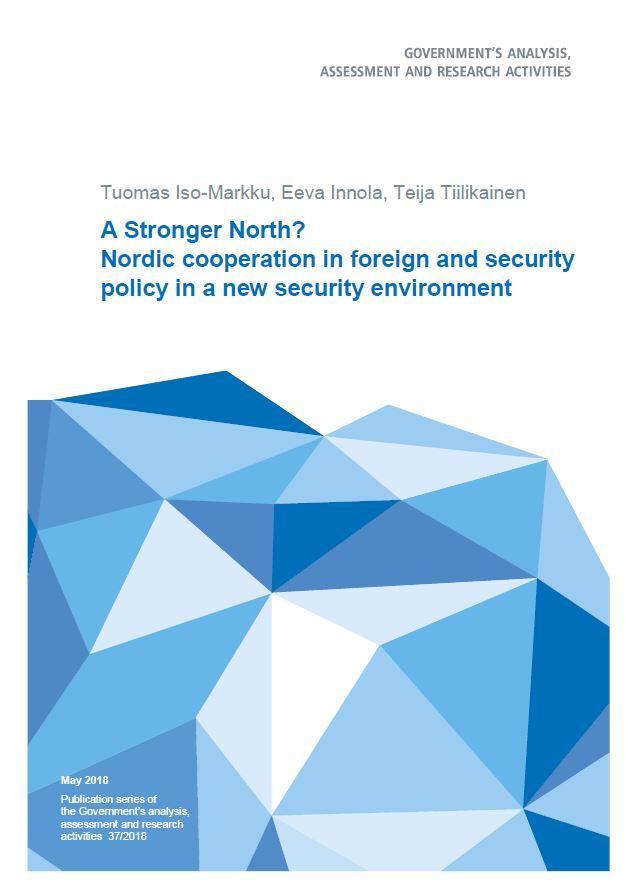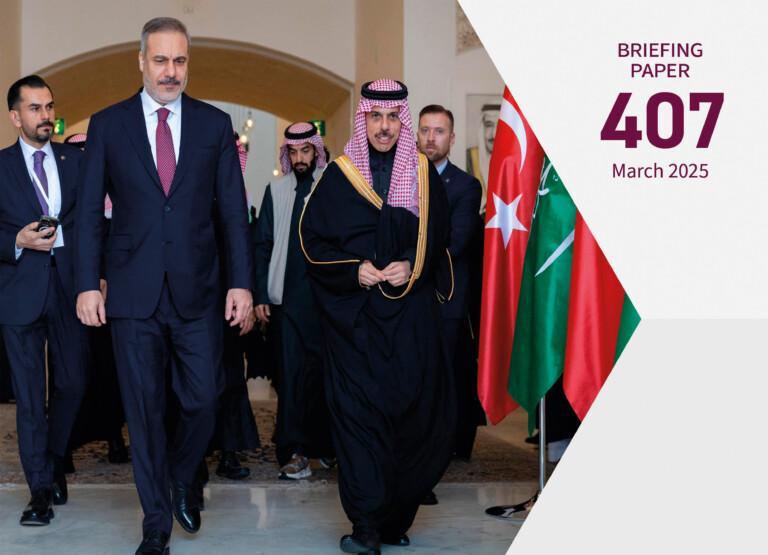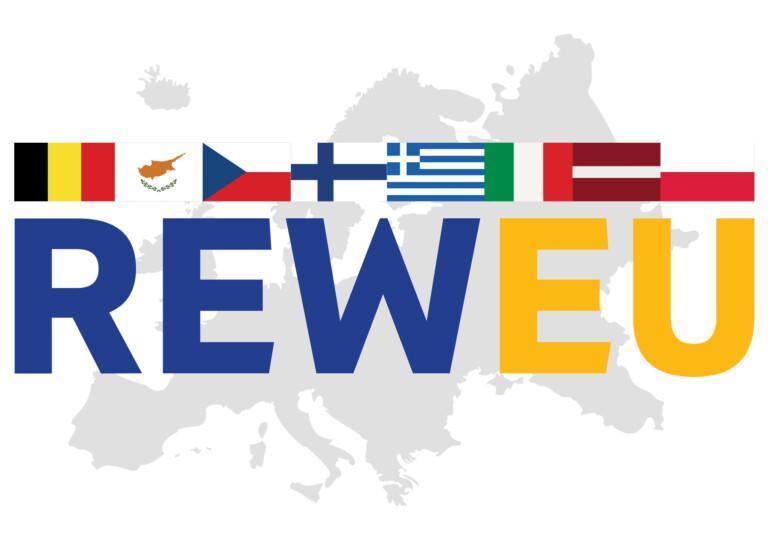
Nordic cooperation on foreign and security policy has gained renewed attention in recent years. Changes in the Nordic states’ immediate security environment after the Ukraine crisis, as well as growing global uncertainty, have turned foreign, security and defence policy into a focal point of the Nordic agenda.
Nordic foreign and security policy cooperation is characterized by informality, as it takes place outside of the institutional Nordic structures. This report assesses the current state of this cooperation by opening up structures and formats within which the informal cooperation takes place. The report then discusses future prospects for, as well as constraints on, deepening the cooperation from different angles, including agenda formation, institutional complexities, Nordic cooperation in multilateral contexts and bilateral Nordic relations.
Defence cooperation forms a separate sub-field of Nordic cooperation, as it has its own unique structures and practices. The report takes a look at developments in Nordic defence cooperation, at both the political and the military level.
Nordic foreign and security policy cooperation is based on commonality and trust. It enjoys a solid legitimacy among Nordic populations and politicians alike. The informal nature of the cooperation is perceived as one of its strengths. Nordic countries have significant potential for deeper cooperation and for obtaining a stronger voice. However, there are various drivers and considerable differences between the Nordic states in security political solutions, institutional affiliations, priorities and levels of commitment. These impose dividing lines and limitations on the cooperation that are hard to overcome.
This publication is part of the implementation of the Government Plan for Analysis, Assessment and Research for 2017 (tietokayttoon.fi/en).
The content is the responsibility of the producers of the information and does not necessarily represent the view of the Government.










